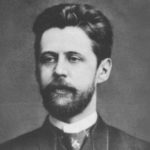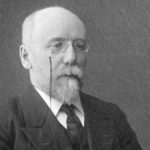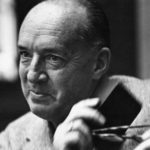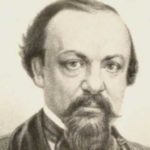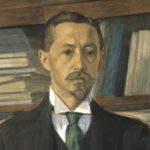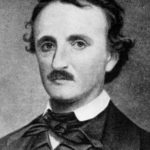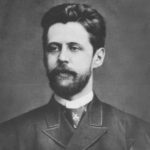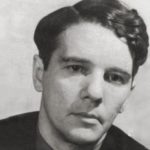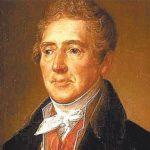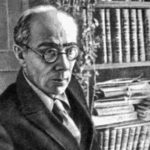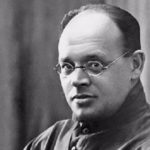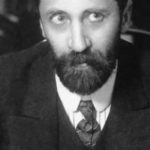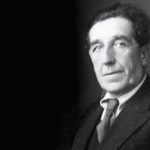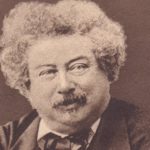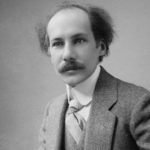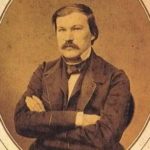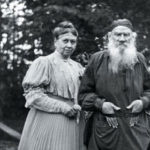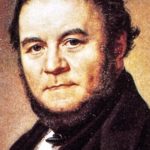Facts from the life of Velimir Khlebnikov
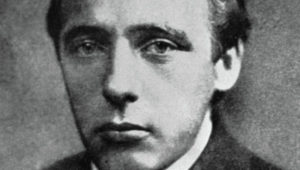 The Russian avant-garde writer Velimir Khlebnikov was a very extraordinary person. He had a hand in the development of futurism in literature, had a great influence on the development of poetic language, and left descendants a legacy in the form of many magnificent works. Khlebnikov’s biography is interesting in itself, but it’s definitely worth reading at least his most famous poems and short stories.
The Russian avant-garde writer Velimir Khlebnikov was a very extraordinary person. He had a hand in the development of futurism in literature, had a great influence on the development of poetic language, and left descendants a legacy in the form of many magnificent works. Khlebnikov’s biography is interesting in itself, but it’s definitely worth reading at least his most famous poems and short stories.
The real name of the writer is Victor.
Some of his works were published under the pseudonym “E. Lunev.
Velimir Khlebnikov had two brothers and two sisters.
He was born in a well-read and educated family, so that the books became his best friends since childhood.
When he was a student, he was arrested for a whole month for participating in an anti-government demonstration, and later also expelled from the university.
At 19, he sent one of his works to a publishing house that Maxim Gorky supervised, but it was rejected.
The pseudonym “Velimir” was given to him by familiar Symbolist writers, with whom he spoke a lot at the dawn of his literary activity.
The works of Velimir Khlebnikov are full of invented words. Some of them got accustomed and subsequently entered into dictionaries. In particular, it was he who coined the word “plane”.
At university, he studied not literature, but mathematics with physics. This did not prevent him from writing his first plays in parallel with his studies.
Once, sleeping in the steppe, Khlebnikov set fire to the fire with his own manuscripts so as not to freeze.
He was a friend of Sergei Yesenin.
In one of his works he predicted the First World War and the October Revolution.
Velimir Khlebnikov lived in poverty most of his life.
He categorically did not like to read his works aloud.
At one time, the writer lived in the house of a baker, Filippov, who was an admirer of his work, and therefore agreed to shelter a writer at home.
During the Civil War, not wanting to serve in the White Guard army of General Denikin, Velimir Khlebnikov spent several months in a psychiatric hospital. An interesting fact: under Denikin, another famous writer, Valentin Kataev, served as a volunteer.
Once at a masquerade, he dressed as a Roman patrician, and as such he was arrested by the police when he walked around the city. Khlebnikov spent the night at the police station, and in the morning his friends did not easily rescue him.
Velimir Khlebnikov died in a remote village from malnutrition and gangrene, having lived only 37 years. Four decades later, his ashes were moved from the local graveyard to one of the Moscow cemeteries.
